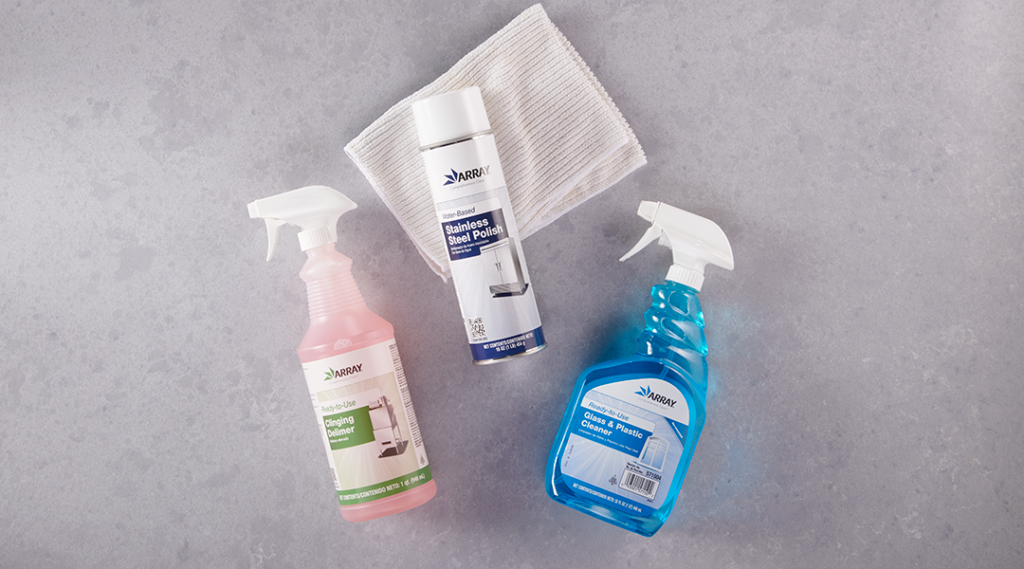Large foodborne-illness outbreaks make news that can damage or even destroy a foodservice business.
Every year thousands of people are affected by foodborne pathogens such as E. coli, Salmonella and Listeria. While the greatest concern is the afflicted customer’s health, large foodborne-illness outbreaks make news that can damage or even destroy a foodservice business. Preventing foodborne-illness outbreaks protects customers, preserves operators’ reputations and safeguards the bottom line.
The legal implications of foodborne illness
In an E. coli outbreak, the source can be traced to a particular food manufacturer/producer. These investigations raise serious concerns in a number of areas for the producer including insurance coverage, bank financing, licensing and employee conduct.
The insurance-liability concern is significant if many people are affected or if there are serious medical consequences. With proper insurance in place for third-party liability, business interruption and other unfortunate events need not be disastrous to an operation.
If the restaurant or production facility is shut down and there is a threat that the inventory in its storage facility might have to be destroyed, banks can become concerned to the point of considering calling in loans. That can jeopardize an entire operation. With good insurance in place to cover business interruption losses and an excellent credit and health history, financing usually can be maintained.
Once the Provincial Health Authority does its investigation, if it’s determined that the E. coli outbreak began in a particular plant, the effort to identify the source becomes a process of elimination that ultimately may include stool samples from employees. Notwithstanding that the producer has proper protocols in place to maintain a high level of hygiene, stool samples still may be required to identify or excuse employees as the source of contamination.
Who gets the blame?
Liability for foodborne-illness outbreaks rests with the employer. Only in unusual circumstances of gross misconduct, such as deliberate employee sabotage of a batch or serving, would individual liability even be considered. Even then the employer would be sued along with the employee. That’s because the employer, who is in the business of producing, processing or serving food, is responsible to ensure that all guidelines are followed; that hygiene is kept to the appropriate standard; and that employees are properly trained and reviewed to see that they are in compliance.
Things such as signage, periodic inspections, regular food-safety meetings, training and updates, as well as enforcement of rules regarding protective clothing, hand-washing and cleanliness will go a long way to protect your business. Document everything you do to keep food safe. These practices also help create a culture of cleanliness.
Food preparation and production is fraught with risk. It’s unreasonable to expect there never will be contamination. However, proper attention to sanitation will go a long way to protect your business and the consumer from foodborne illness.
Damages for foodborne-illness will vary depending on the severity of the illness, how many are affected, and the outcome. Should a customer die, a wrongful-death lawsuit can result in massive liability. If the outcome of the illness is catastrophic, resulting in permanent disability, the loss of wages and costs of future care can run into the millions of dollars. The risk is compounded when numerous consumers are affected.
Employees and food-safety liability
Nothing will do more to secure your business and your reputation, and insulate you from potential liability, than creating a culture that is obsessive about personal and workplace cleanliness. This means enlisting employees as part of the solution.
Employees who are incapable of complying, or refuse to comply, with established standards present another challenge. Large producers often function in a union environment and their ability to discipline or terminate problem employees is governed by the collective agreement. Those working outside a collective agreement cannot be terminated for cause unless there has been a clear breach of established protocols or the employee is aware of the consequences of the breach and has ignored them.
The Supreme Court of Canada in McKinley v. BC Tel 2001 SCC 38 ruled that such misconduct must “violate an essential condition of the employment contract, breaches the faith inherent to the work relationship or is fundamentally or directly inconsistent with the employee’s obligations to his or her employer.” Courts look to see if there is a level of discipline short of termination that could reasonably have been chosen. Termination for cause without warning will require a clear contractual term, appropriate training and a willful breach.
Well-written employment agreements that spell out a zero tolerance for failure to comply with hygiene and safety requirements will significantly augment your ability to create a culture of cleanliness.
Know and comply with your local rules and requirements; make sure you have appropriate insurance in place and protect yourself with good employment agreements and clear company policies. Then you’ve done all you can to avoid liability.
This article is for informational purposes only. It is not legal advice and is no substitute for an actual consultation with a lawyer. Always consult your lawyer regarding specific circumstances.

























